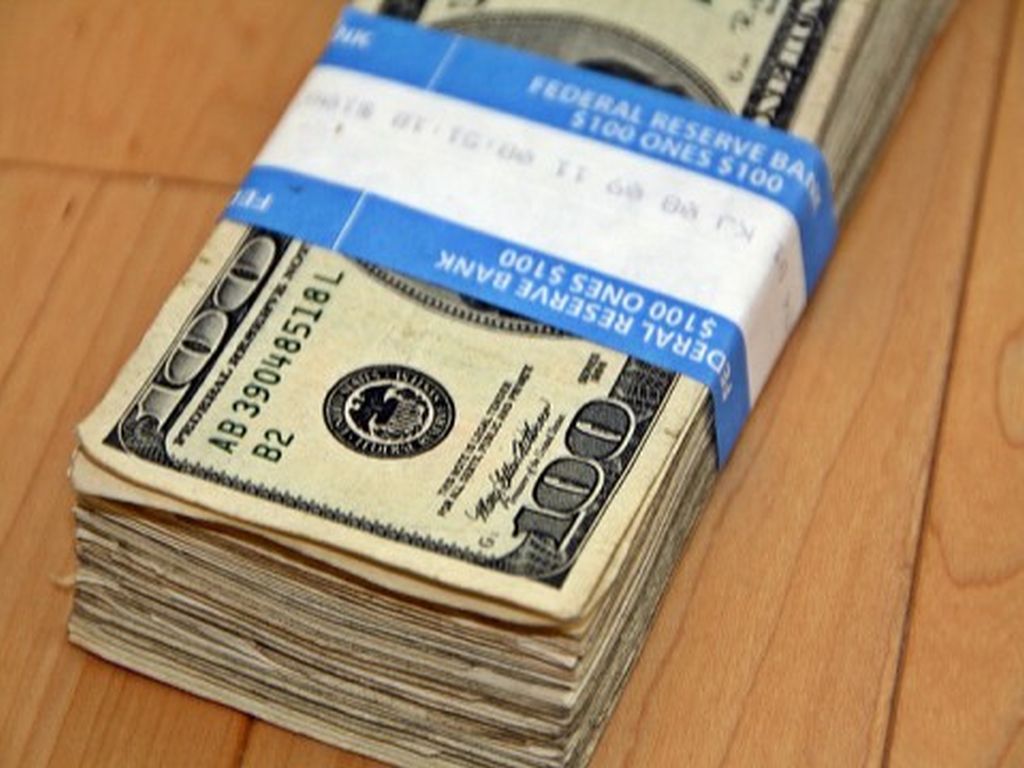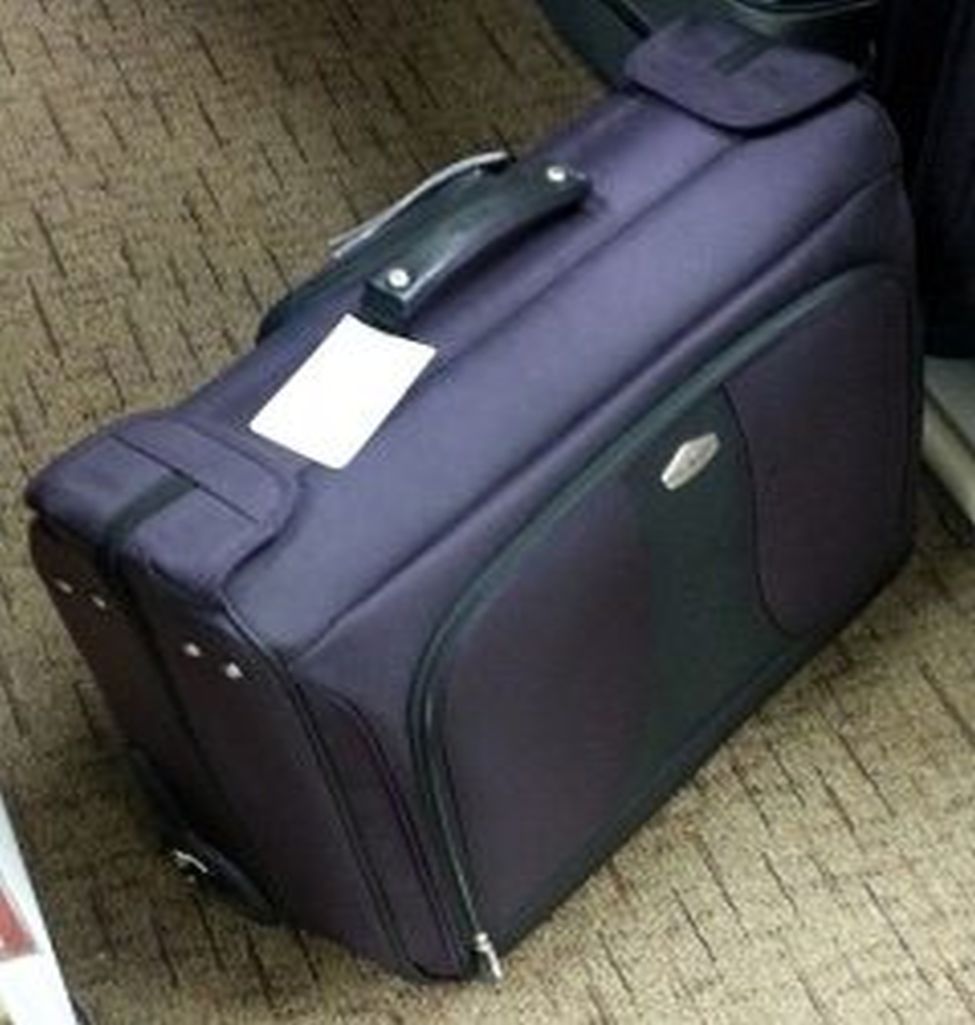There’s a news story indicating that upwards of 29% of Americans spend no actual cash on purchases. It also states that those earning $75,000 or more are twice as likely to never use cash as those making around $30,000.

Republica via Pixabay
Although the article doesn’t mention which, this means that more people are using either credit or debit cards when they go shopping. For many this isn’t an issue; for others it’s problematic.
Here’s something to think about:
* The average credit card balance amount is $6,929 (total credit card debt: $420.22 billion)
* Half of low- and middle-income households carried debt from out of pocket medical expenses on their credit cards, around $1,678, but it’s quickly rising
* About 1 in 11 (9%) Americans who have credit card debt say they don’t think they’ll ever be completely free of credit card debt
* 26% of small-business owners carry a balance of less than $10,000 on their business credit card
* Households with revolving credit card debt pay an average of $1,141 in interest yearly
Debt is rising, and a lot of it is because of credit cards. They’re wonderful if we’re budgeting our money well, but scary if we get to a point where we can barely make the minimum payment. With high interest rates and large penalties for missing a payment, it’s smart to find ways to reduce one’s reliance on credit cards over time.
We’d like to offer a 4-step process for weaning yourself off or reducing your credit card usage. It’s not easy to do if you’re used to pulling your card out for every purchase you make, but if you’re willing to learn a little bit of discretion, this could work to your advantage. After all, no one wants to stay in debt forever, right?
1. If you have multiple credit cards (we’re not talking about store cards; that’s for another time), look through them and pull two of them out; the one with the highest balance and the one with the lowest interest rate. You’re looking to do two things at once.
You want to see if you can move some of the balance off your highest card to the one with the lowest interest rate. If you can move it all that’s a great thing; if not, the more you can move the better.
Whatever you’re left with, work on paying off on the high interest card as fast as you can. Your balance and interest will increase on the other card, but you’ll still end up saving a lot on interest and you’ll only have the one card to deal with pretty quickly. If you have a second card with a very low interest rate, spread the love even further. Getting rid of cards with the highest interest rate is always in your favor.
2. Work on paying off all your small balance credit cards. If the balances are relatively low you might be able to pay them off fast. It could take you a while to pay down some of them but realize that you’ll still owe less than what you would have if you hadn’t transferred any of your balances.
3. As you initially pay off your smaller credit card balances, don’t immediately use that money towards paying down your higher balance cards. Instead, work on getting into the habit of using either cash or your debit card for purchases. What that does is prevents you from indiscriminate spending because you know they’re coming out of your bank account. It also forces you to manage your money better, and becomes a safe and reliable method to keep your eye on your money.
4. If you find that you need a little bit of a boost, use the cards with your new higher balance for small things, making sure you spend less than what your monthly payment will be. As some point you’ll be paying more on those cards to bring them down as you get used to a new spending pattern.
One of my clients, while working on reducing his debt, used one of his cards only to buy gas, which was less than $80 a month at the time, but that money meant a lot to his budget. He was still able to bring his balances down while doing that and eventually got to a point where, because he’d learned how to reduce spending, he got comfortable enough to use his credit or cash (many gas stations give buyers a discount if they pay with cash).
You’ll always need a credit card for emergencies and to make reservations for things like cars, planes and hotels. Still, bringing down your debt will bring you peace of mind and eventually give you the opportunity to save money.

